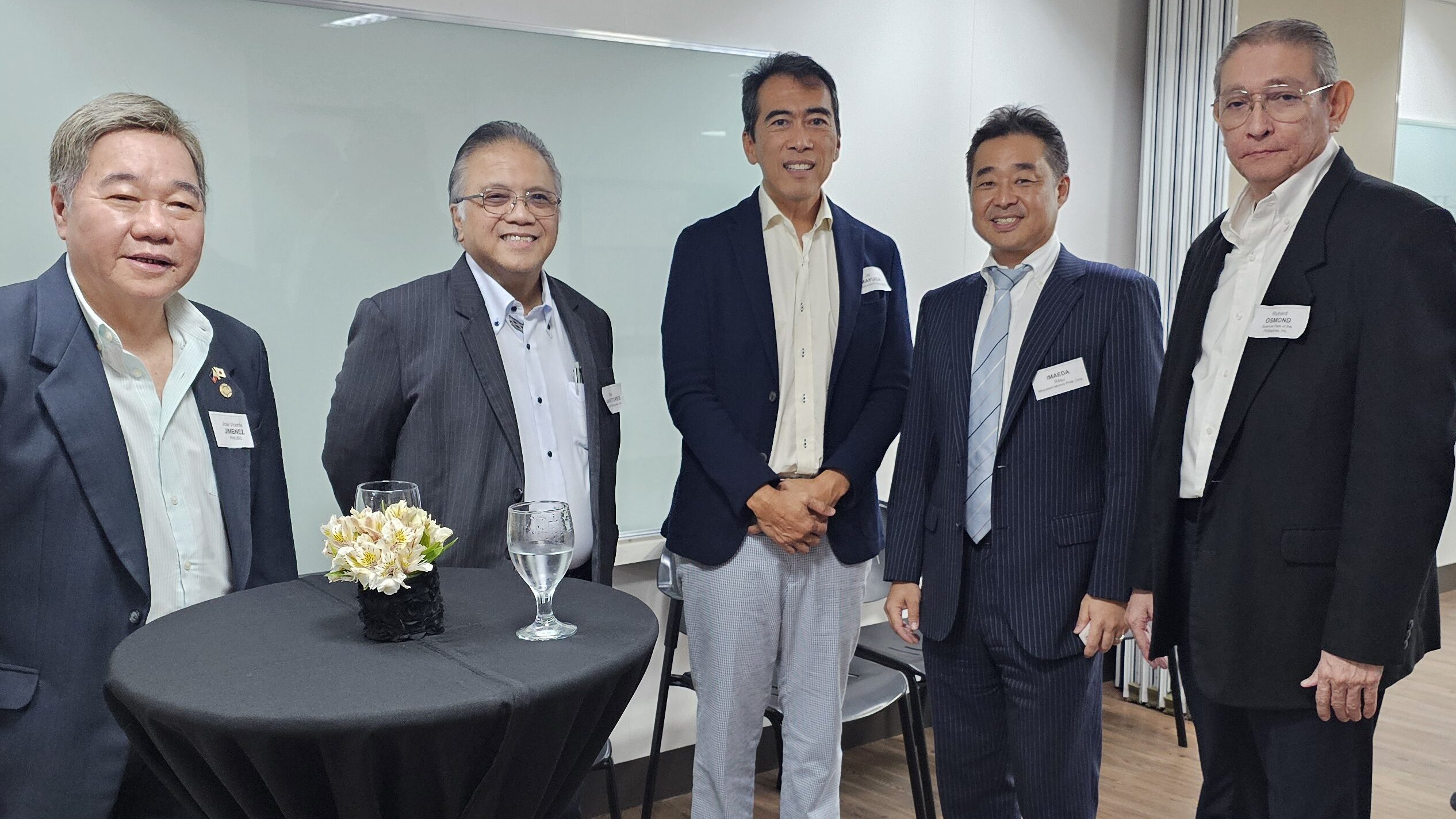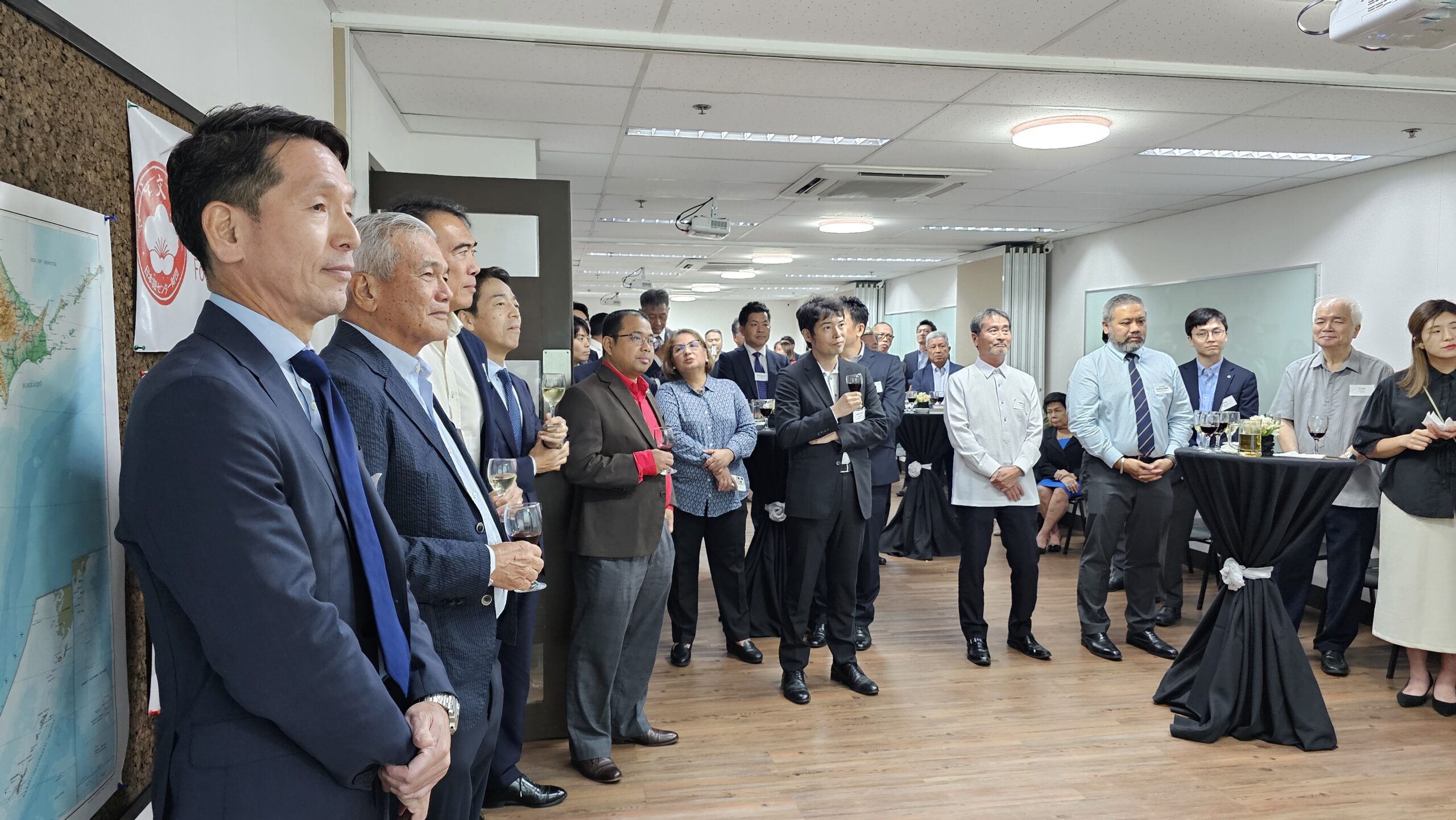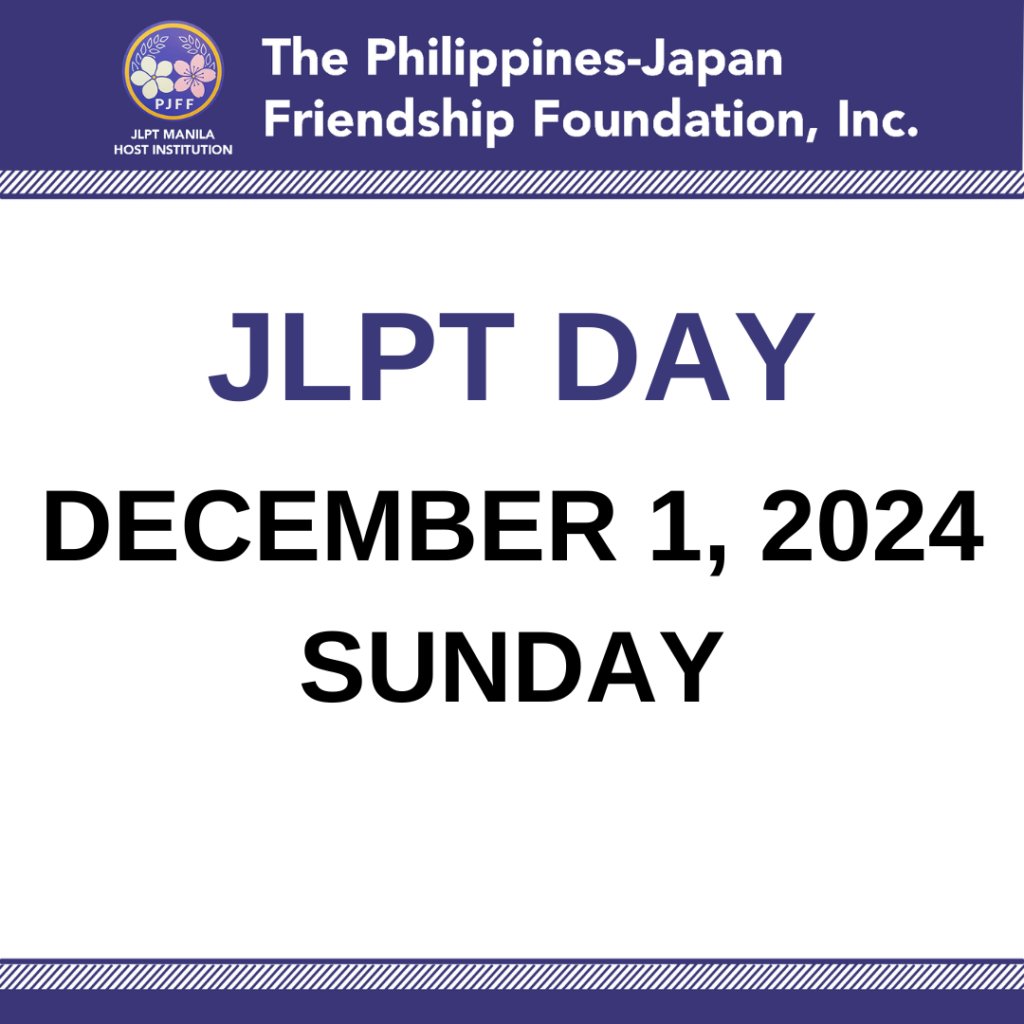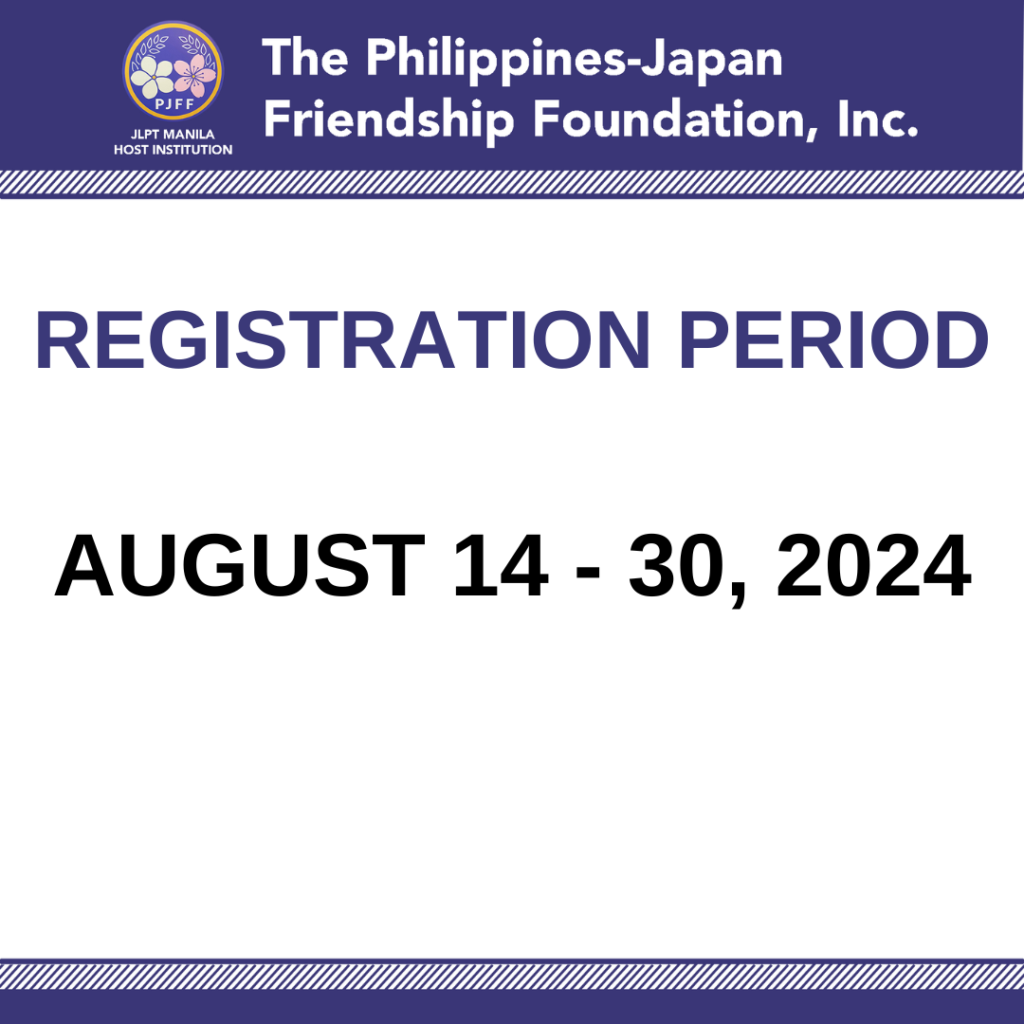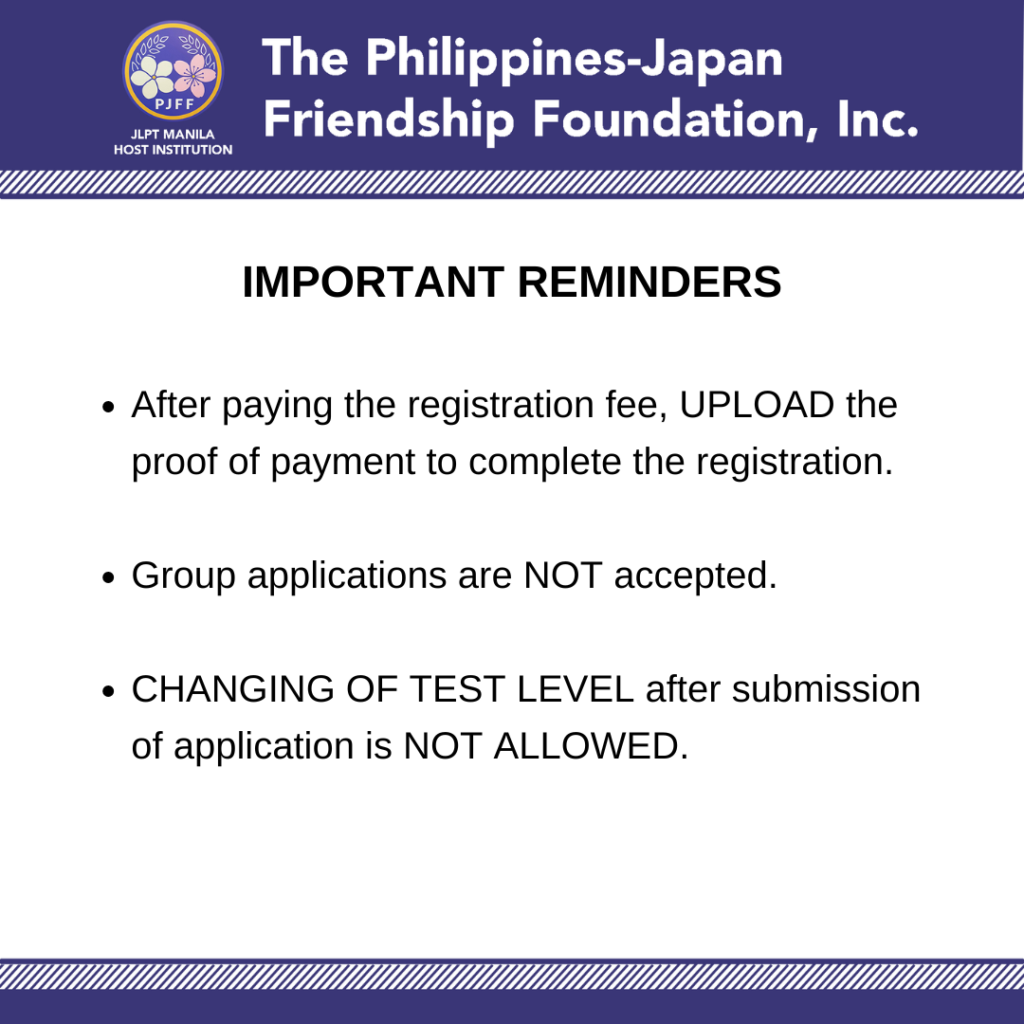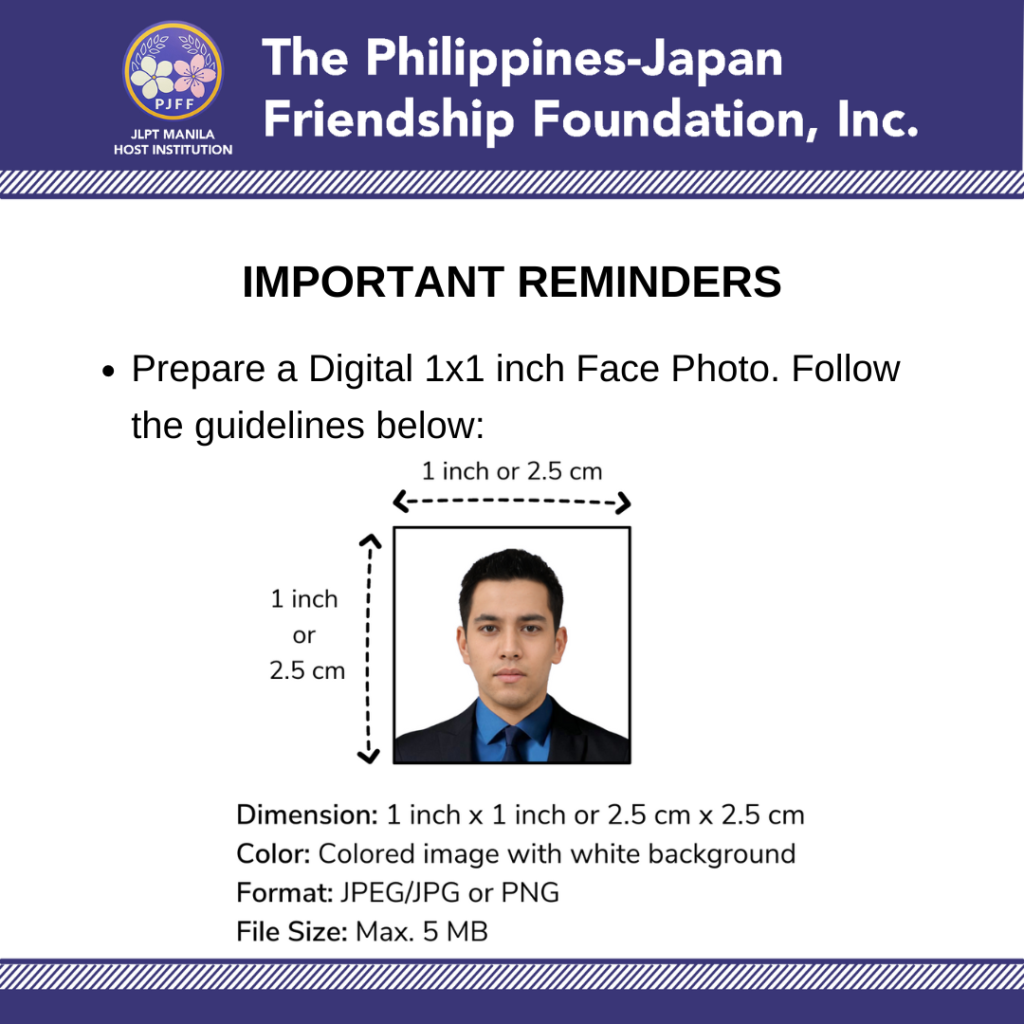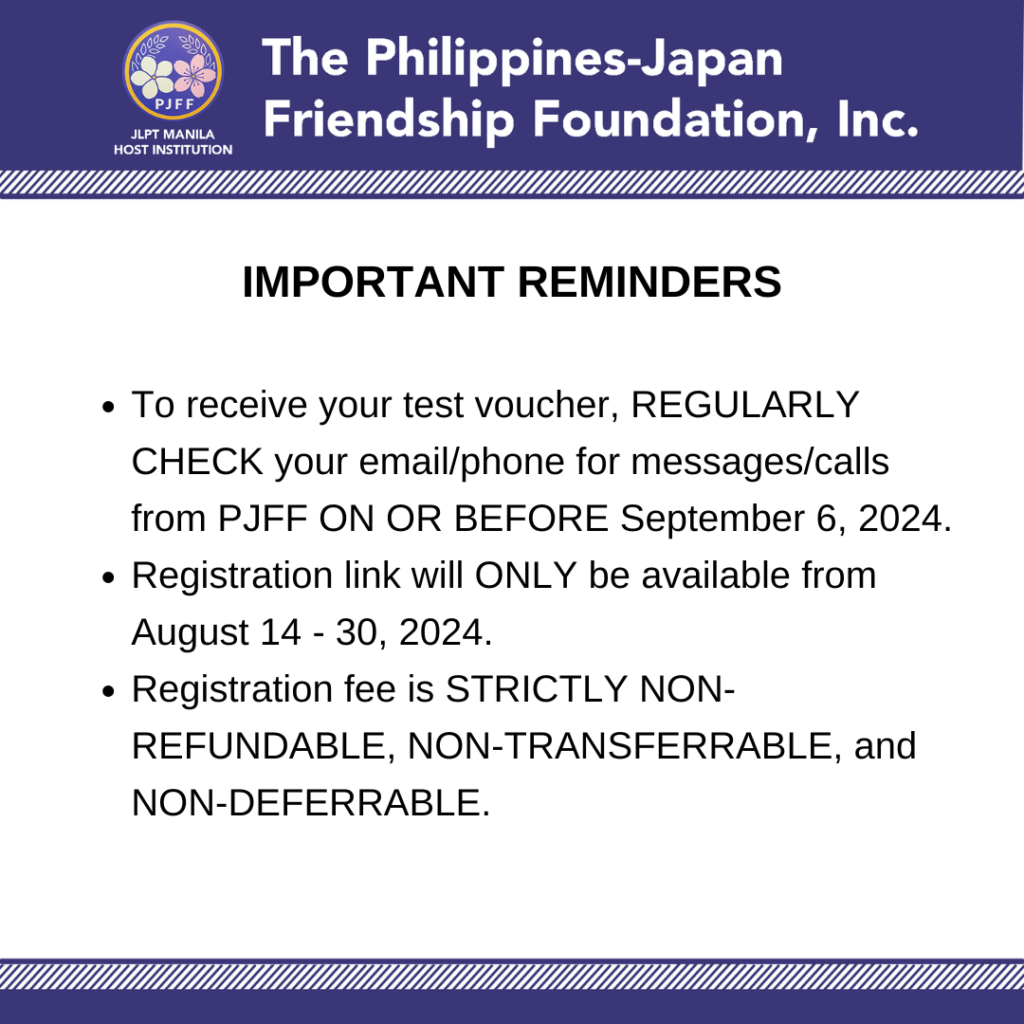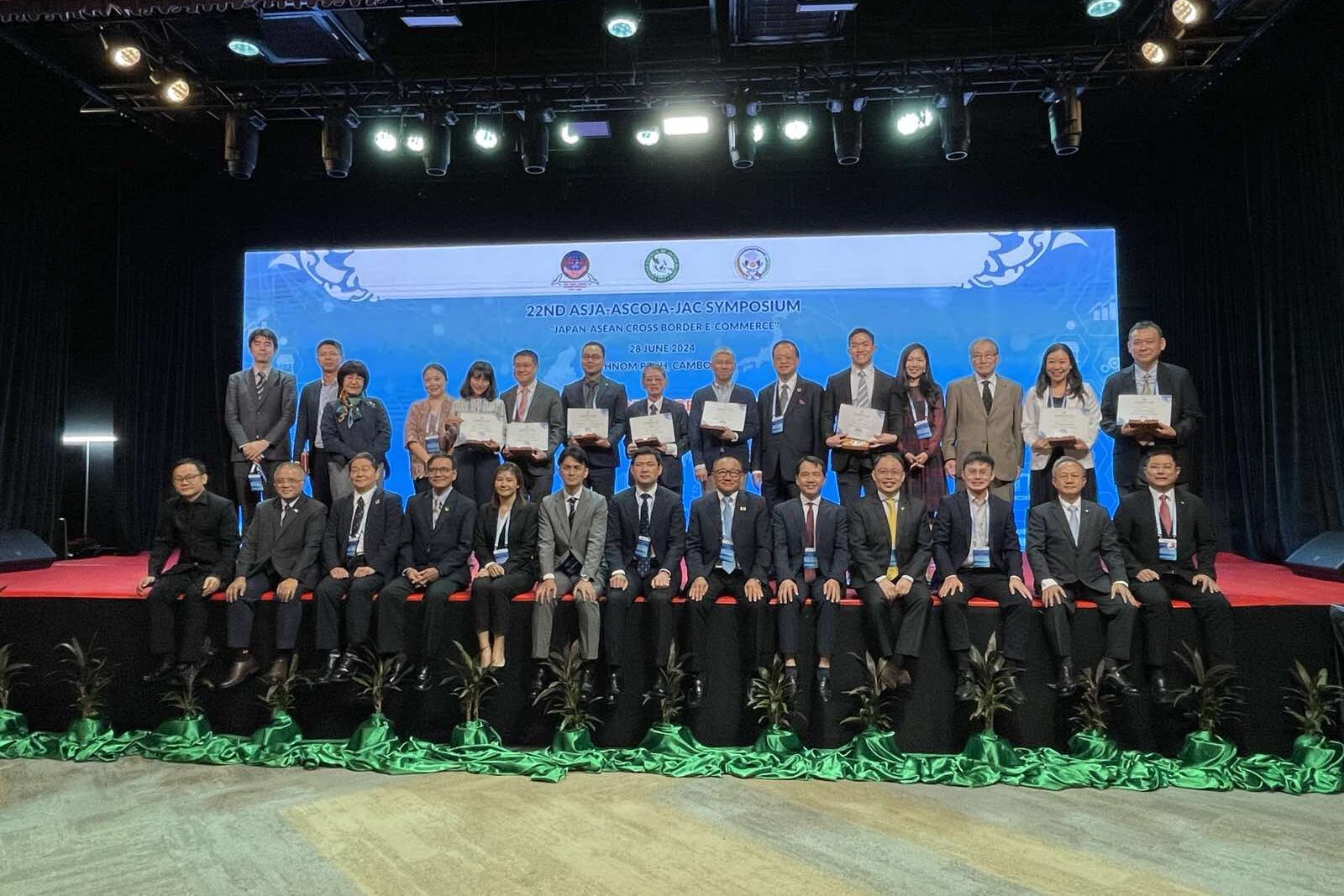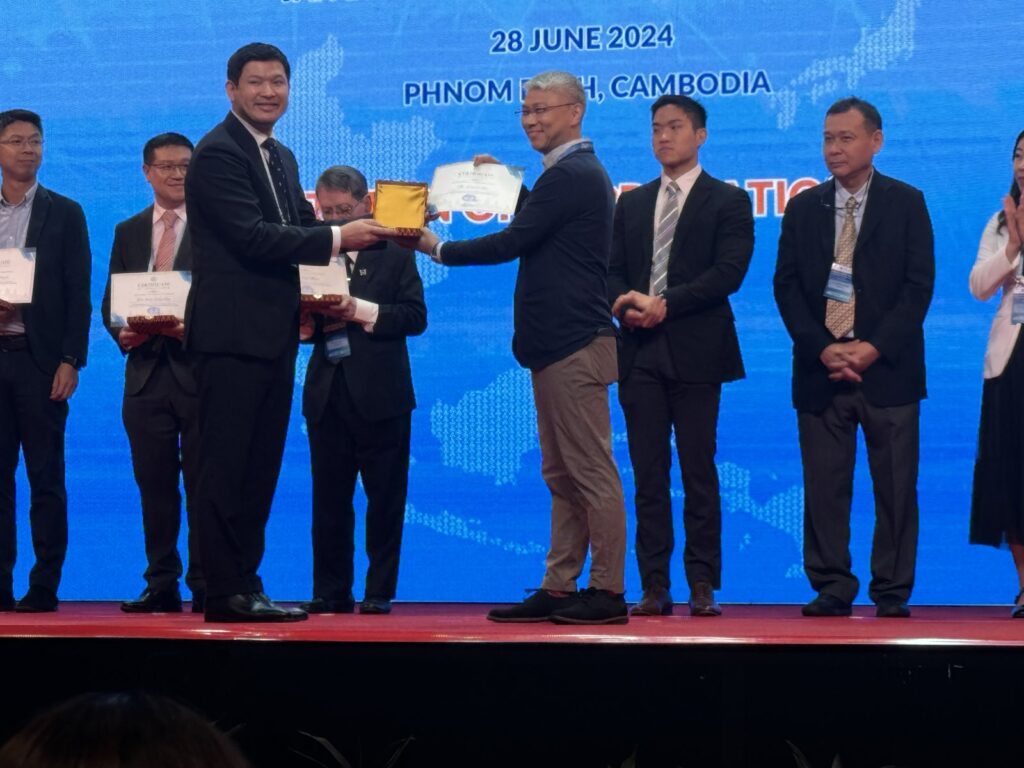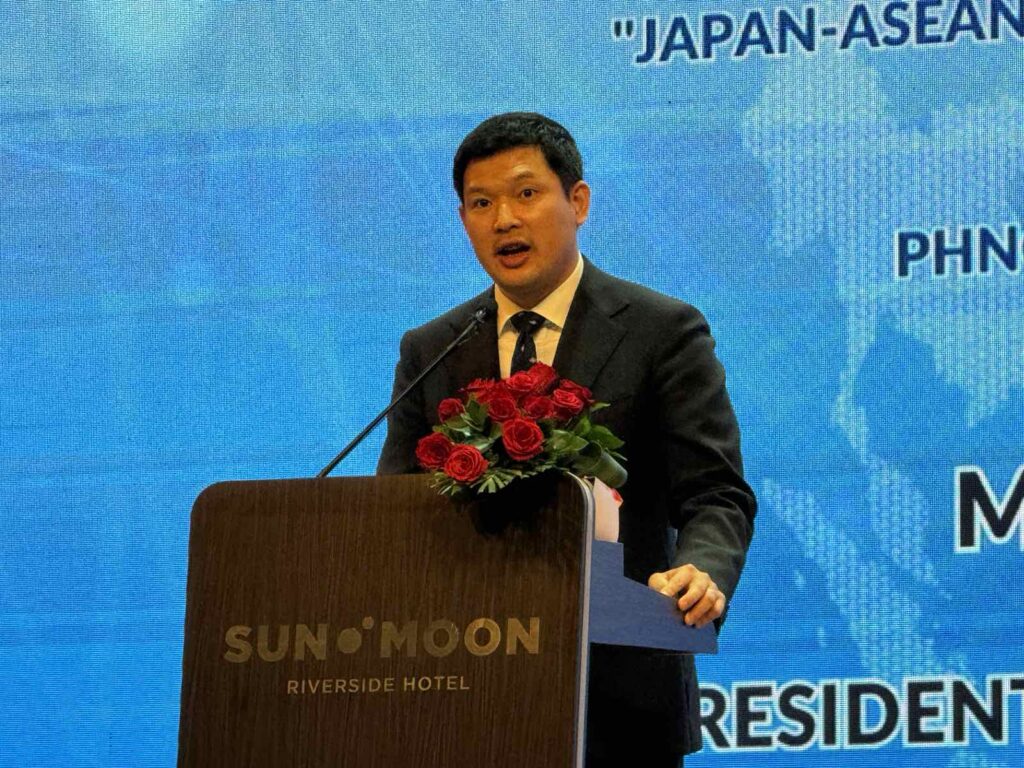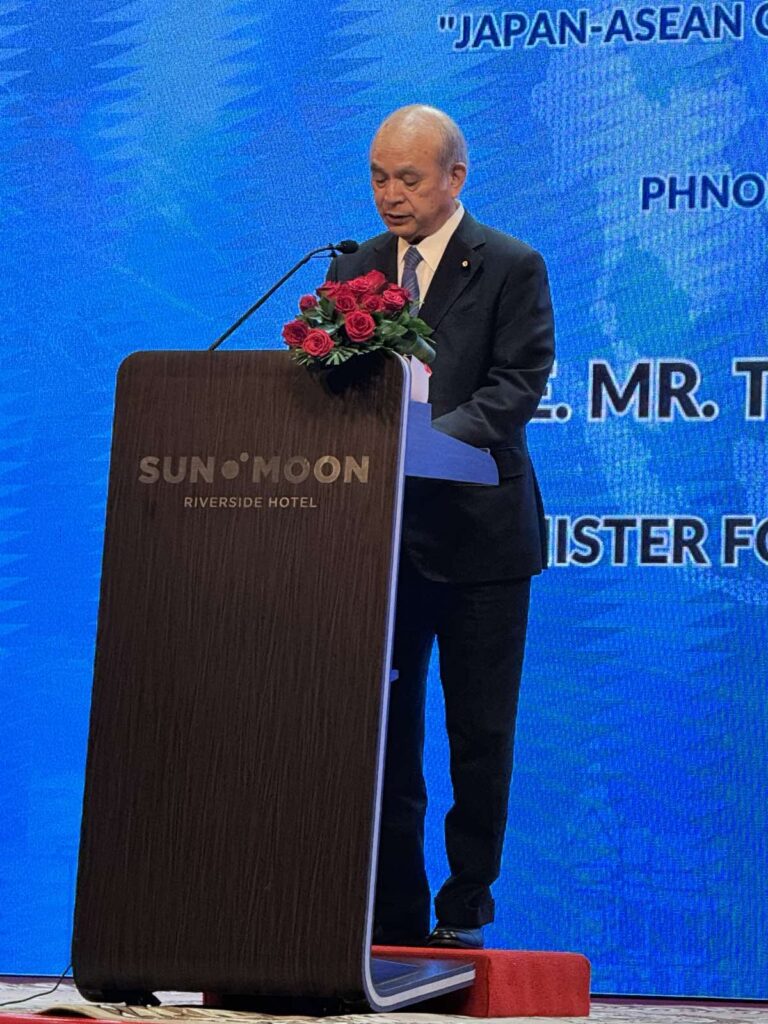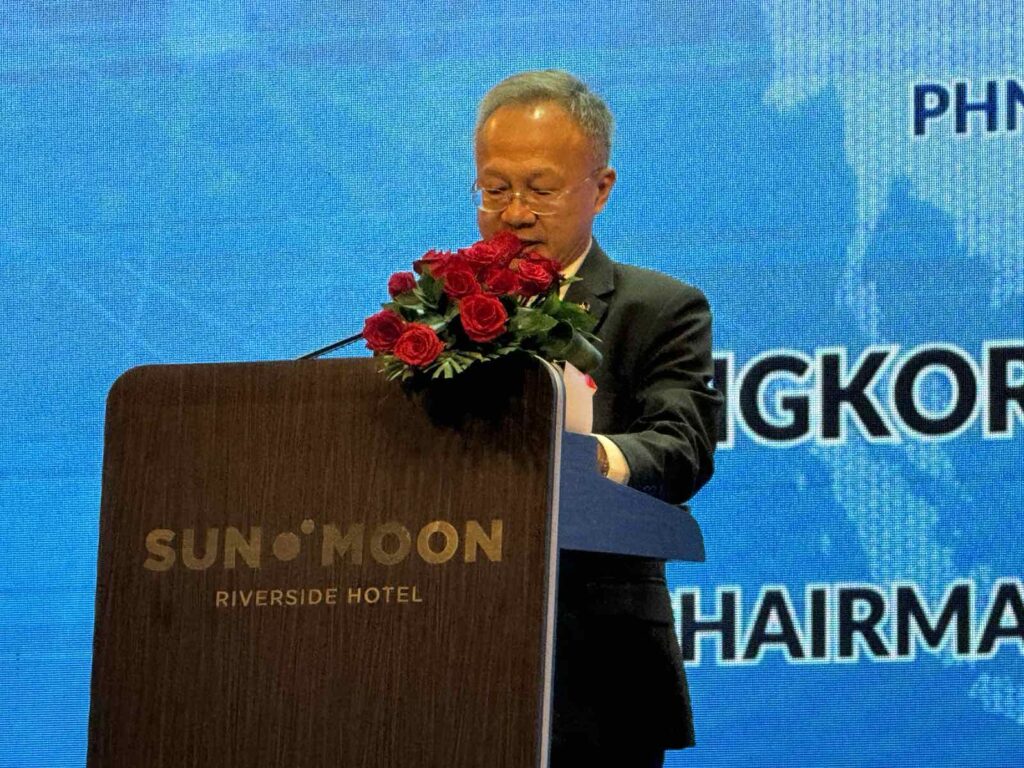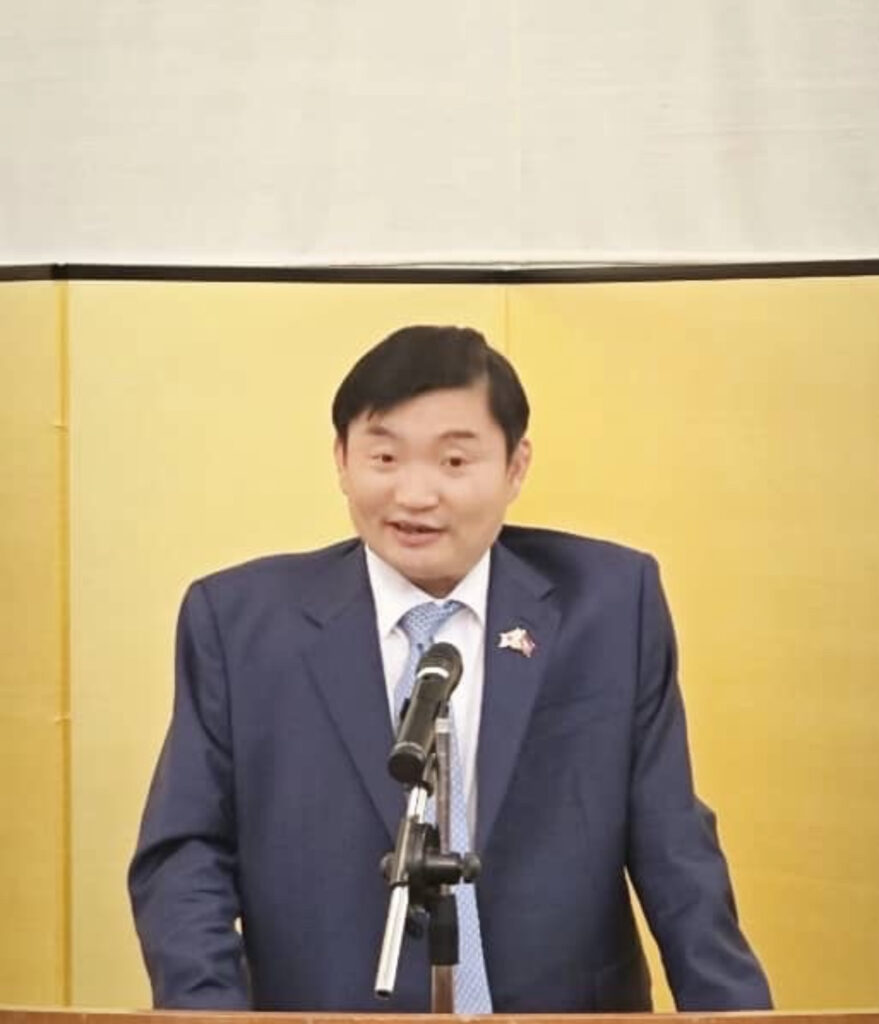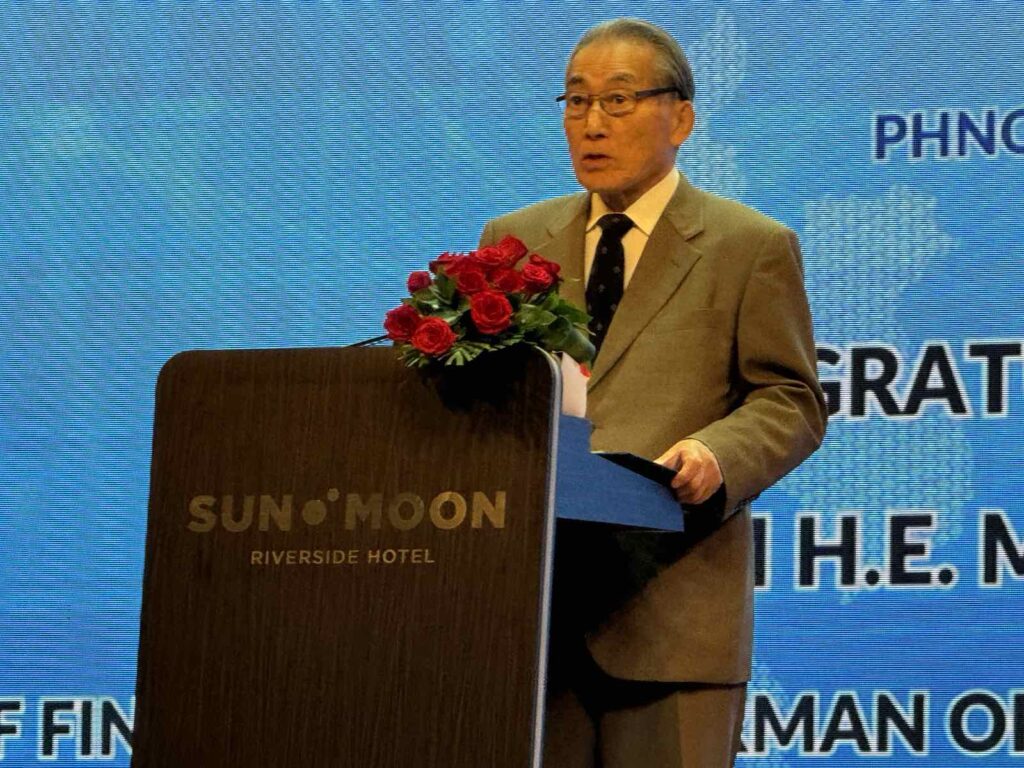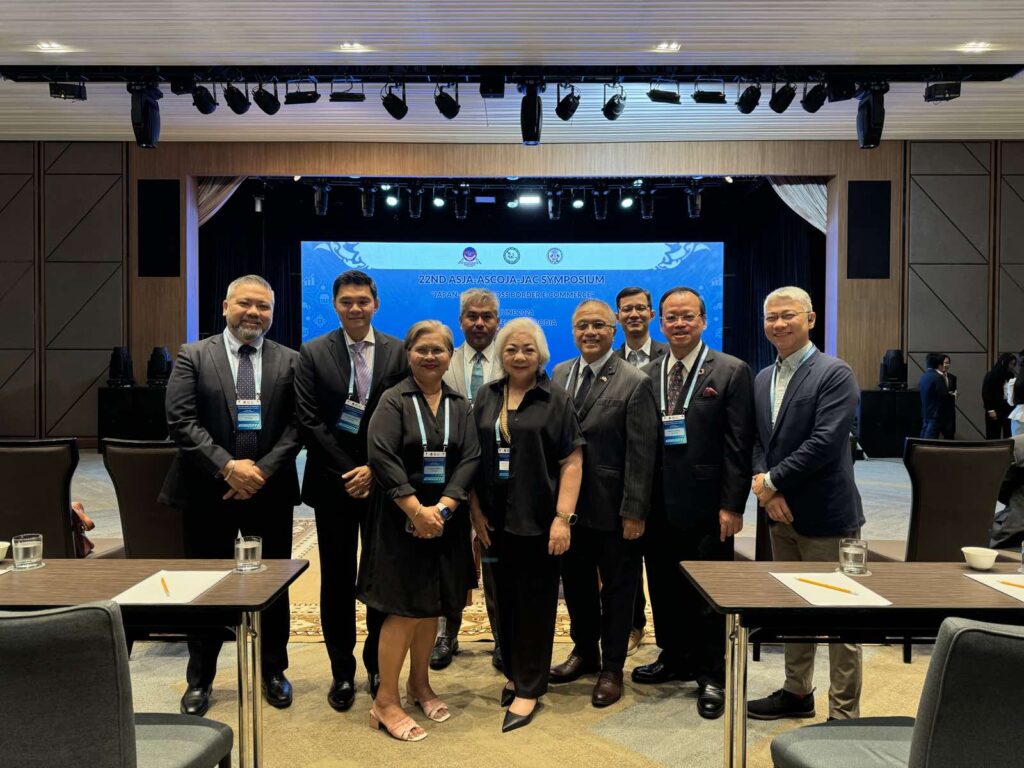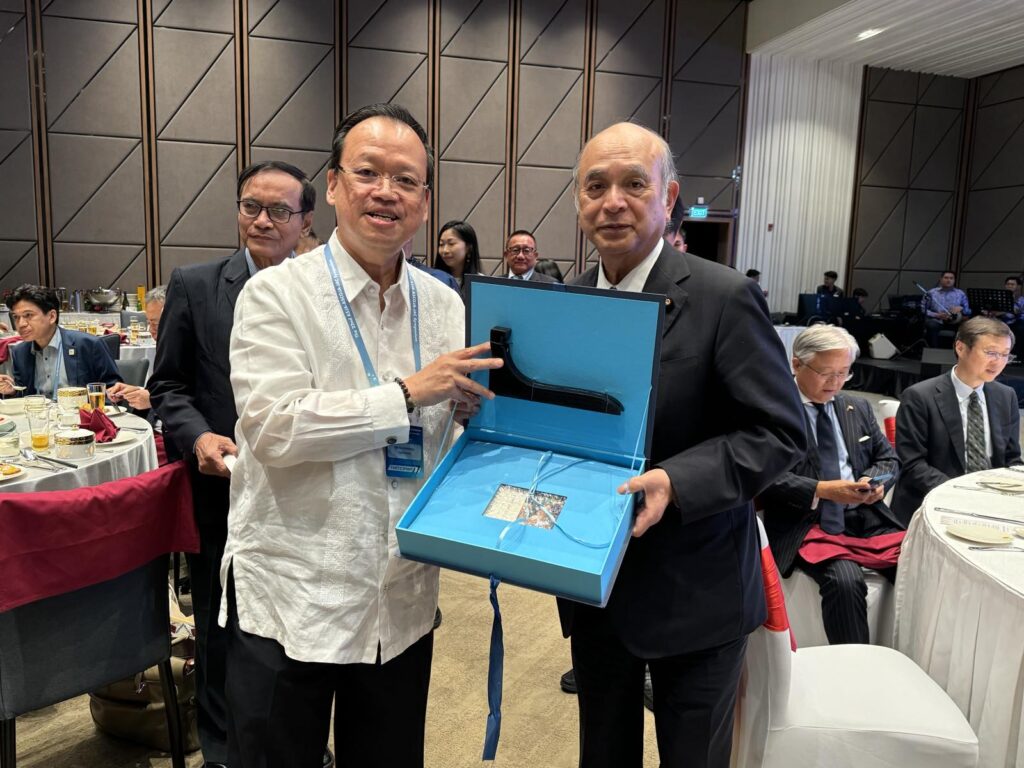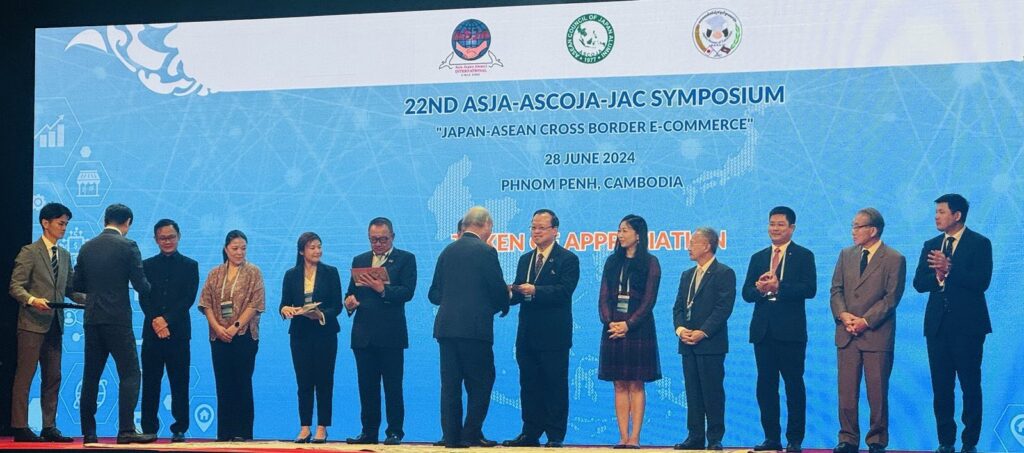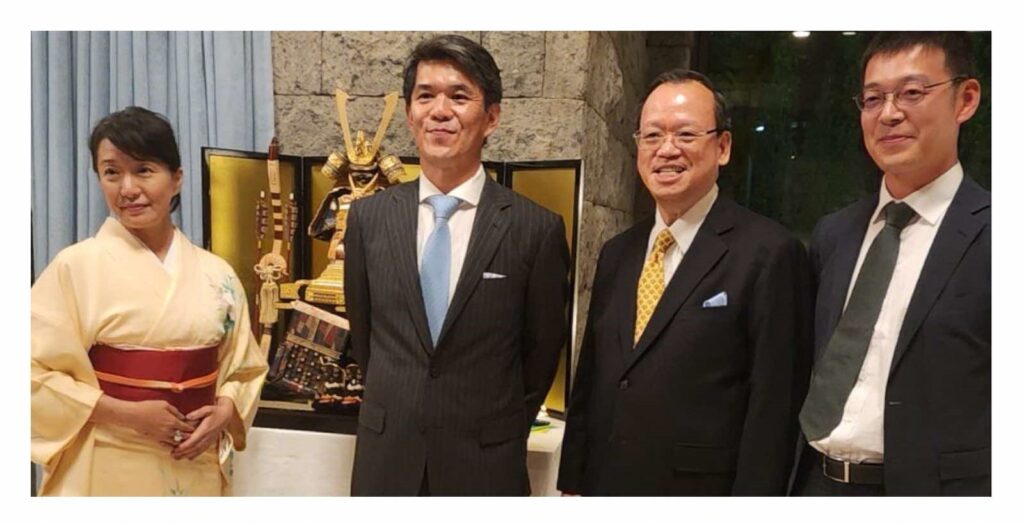On September 17, 2024, the Philippines-Japan Economic Cooperation Committee, Inc. (PHILJEC) hosted a Cocktail Reception at the Philippines-Japan Friendship Foundation in Makati City, dubbed as a “Meet and Greet” in honor of the newly elected officers of the Japanese Chamber of Commerce and Industry in the Philippines, Inc. (JCCIPI) and the Japanese Association Manila, Inc. (JAMI). Directors of both JCCIPI and JAMI and several officials of the Economic Section of the Embassy of Japan who were recently assigned to Manila graced the occasion.
PHILJEC Chairman Richard Albert I. Osmond welcomed the honorees and guests and expressed his enthusiasm for strengthening partnerships between Philippine and Japanese businessmen. In response, Mr. Harutaka Ishikawa, President of JCCIPI, and Mr. Kazunori Okamoto, President of JAMI expressed their gratitude to PHILJEC for hosting the event. They reiterated their commitment in promoting economic collaboration between Japan and the Philippines, as well as in forging interpersonal friendships between Filipinos and Japanese residents in Manila. Further, Atty. Lilia B. De Lima, PHILJEC Adviser and former PEZA Director-General gifted PHILJEC with a copy of her book “Breakthrough”. Mr. Ferdinand “Perry” A. Ferrer, Co-Chairman of PHILJEC proposed a toast after which PHILJEC members and guests mingled and enjoyed the rest of the evening.
